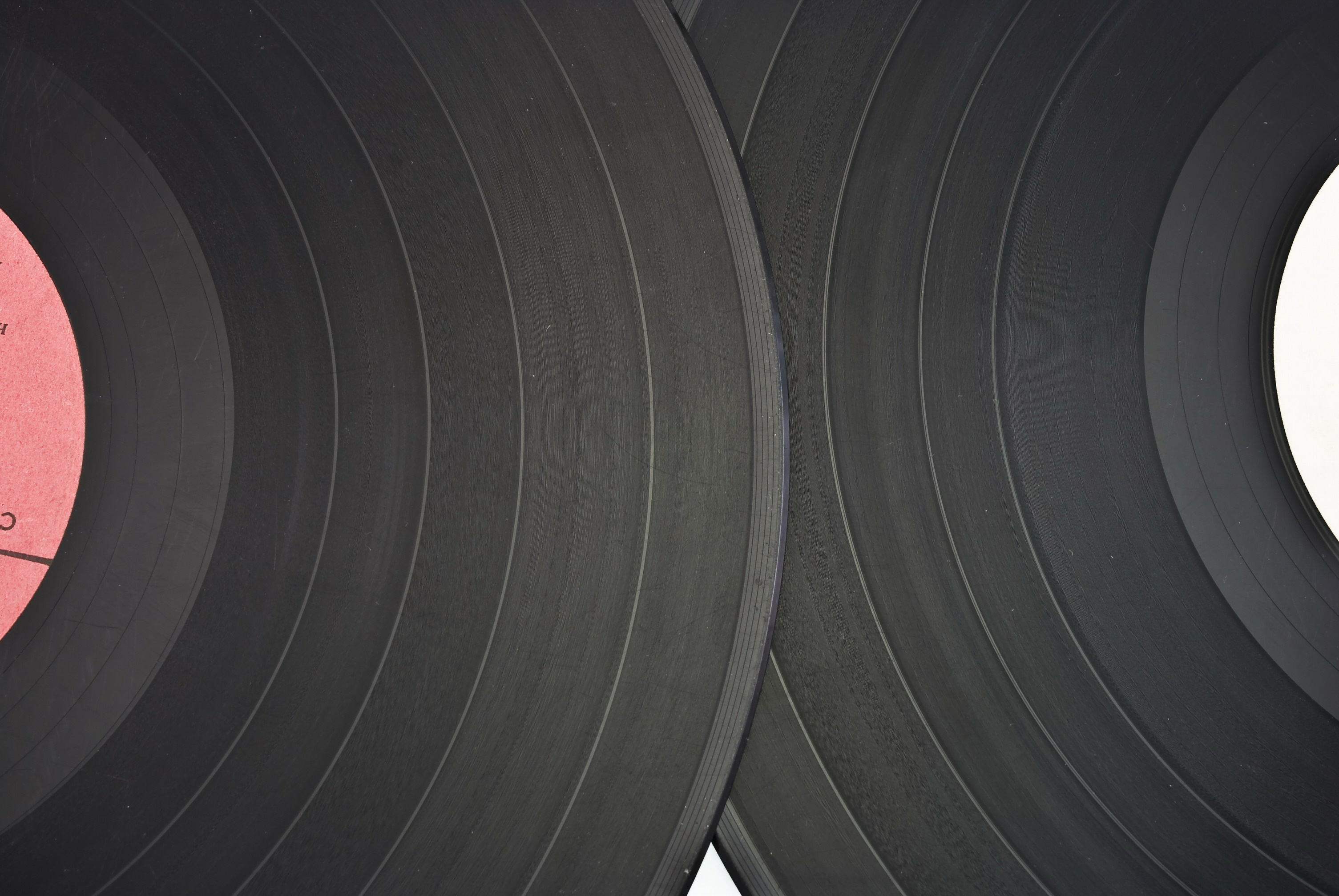After a two-week trial in New York, a jury recently found that Ed Sheeran did not copy Marvin Gaye’s song, Let’s Get It On.
Background
In 2017, the family of Edward Townsend (the co-writer of Let’s Get It On) sued Ed Sheeran, his record label and his publisher, claiming that Sheeran’s 2014 song Thinking Out Loud infringed the copyright of Gaye’s 1973 hit Let’s Get It On.
Townsend’s family argued that Sheeran had copied chord progressions, harmonic rhythms, and certain melodies without permission. They claimed that Sheeran had copied the “heart” of Let’s Get It On using the same four-chord pattern.
Sheeran didn’t deny that the chords in the two songs were similar, arguing that they were commonplace musical building blocks used long before and since Let’s Get It On.
Townsend’s family also argued that, even if the chords themselves could not constitute an infringement of copyright, the selection and arrangement in Let’s Get It On was so original and distinct that it should warrant protection. Sheeran’s case was that it did not pass the legal high bar required for such protection.
After three hours, the jury dismissed the claim, finding that Sheeran had created Thinking Out Loud independently.
On Repeat?
Sheeran (successfully) sued the writers of the song Oh Why and their publishers for a declaration that his song, Shape of You, did not infringe their copyright. That dispute focussed on an eight-bar post-chorus section.
In 2015, Gaye’s estate was awarded $5.3million in damages against Robin Thicke and Pharrell Williams for Blurred Lines over Got To Give It Up.
Copyright
In the UK, the test for infringement is whether a substantial part of the work concerned has been copied. This could happen without a defendant knowing about or intending to copy a work.
Comment
It will be a question of fact, on a case-by-case basis, whether there has been an infringement of copyright.
If someone copies the entirety of a work, this will clearly be an infringement.
Where only a portion of that work is used, the position may be less clear-cut. For example, in 2019, a European Court found that although a two-second excerpt would have the potential to infringe copyright, in practise, it was ‘unrecognisable to the ear’, and the claim was dismissed.
For more information about this article or any other aspect of commercial litigation and disputes, get in touch with your Napthens team today.


